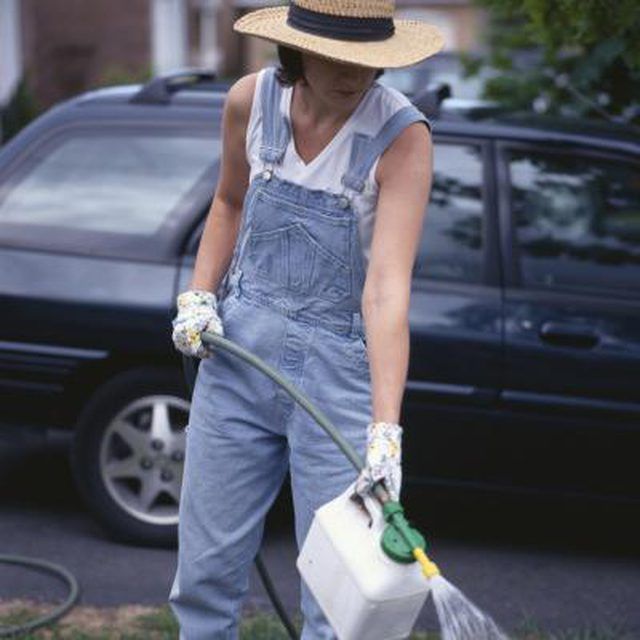Bulbs
Flower Basics
Flower Beds & Specialty Gardens
Flower Garden
Garden Furniture
Garden Gnomes
Garden Seeds
Garden Sheds
Garden Statues
Garden Tools & Supplies
Gardening Basics
Green & Organic
Groundcovers & Vines
Growing Annuals
Growing Basil
Growing Beans
Growing Berries
Growing Blueberries
Growing Cactus
Growing Corn
Growing Cotton
Growing Edibles
Growing Flowers
Growing Garlic
Growing Grapes
Growing Grass
Growing Herbs
Growing Jasmine
Growing Mint
Growing Mushrooms
Orchids
Growing Peanuts
Growing Perennials
Growing Plants
Growing Rosemary
Growing Roses
Growing Strawberries
Growing Sunflowers
Growing Thyme
Growing Tomatoes
Growing Tulips
Growing Vegetables
Herb Basics
Herb Garden
Indoor Growing
Landscaping Basics
Landscaping Patios
Landscaping Plants
Landscaping Shrubs
Landscaping Trees
Landscaping Walks & Pathways
Lawn Basics
Lawn Maintenance
Lawn Mowers
Lawn Ornaments
Lawn Planting
Lawn Tools
Outdoor Growing
Overall Landscape Planning
Pests, Weeds & Problems
Plant Basics
Rock Garden
Rose Garden
Shrubs
Soil
Specialty Gardens
Trees
Vegetable Garden
Yard Maintenance
Is it Best to Use Fertilizer Before it Rains?
Is it Best to Use Fertilizer Before it Rains?. Fertilizers need water to become effective and not harm your lawn. Applying fertilizer at the right time and in safe amounts can do wonders for the look and health of your lawn.

Fertilizers need water to become effective and not harm your lawn. Applying fertilizer at the right time and in safe amounts can do wonders for the look and health of your lawn.
Fertilizers and Water
In order to improve the performance of your fertilizer, apply it before it rains. Fertilizers need water in order to become effective. If they sit on your lawn too long without water, they can "burn" your lawn.
Alternatives
Alternatively, you can water your lawn soon after the fertilizer is applied in order to improve its efficacy.
Excessive Rain
If there is excessive rain, runoff fertilizer can contaminate the local creeks and rivers, and can be damaging to the environment and local wildlife. If you are planning to fertilize before it rains, it is best to avoid days with a high probability of consecutive downpours.
The Environment
Consider using organic fertilizers, which are generally safer for the environment.
Amount
Regardless of the fertilizer you chose, it is best to distribute your fertilizer evenly and not use excess amounts–this will work best both for your lawn and the environment; It will prevent runoffs and not burn your grass. Ideal amounts vary, depending on the type, so read the instructions for the one you have selected.